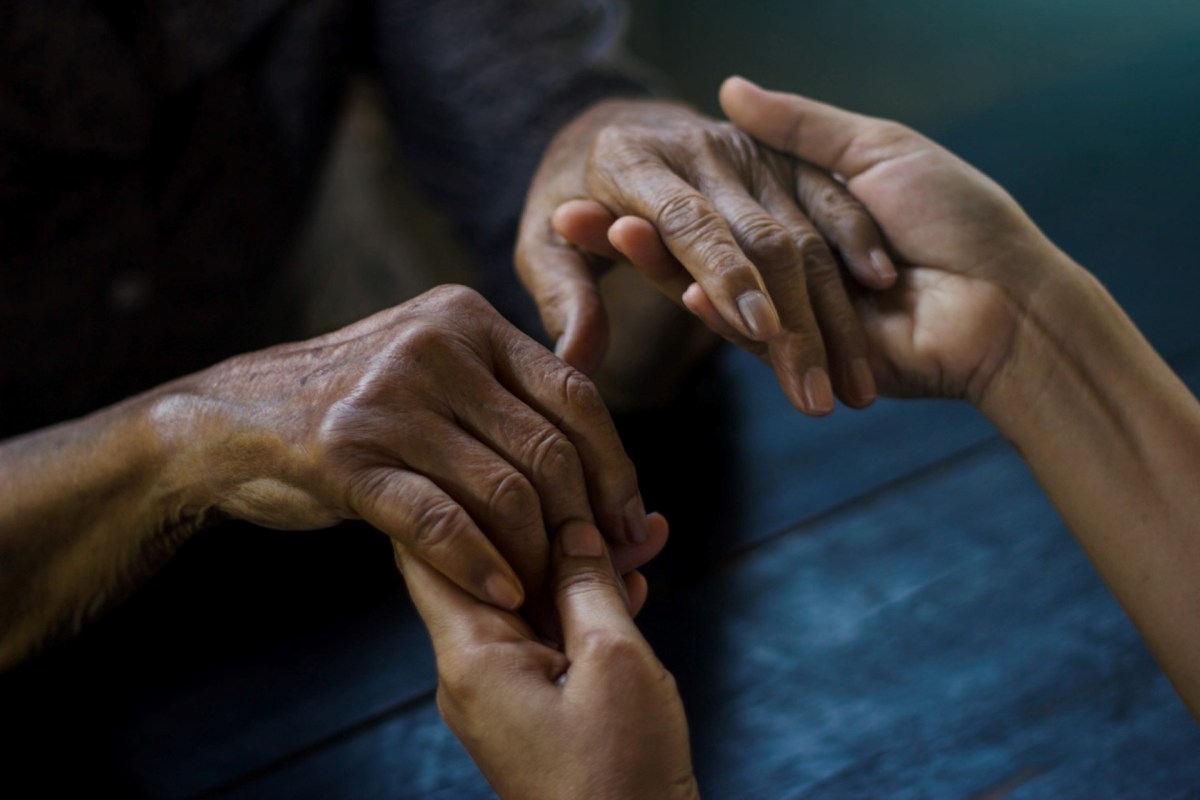New research has shown a link between exposure to microscopic plastic particles and the possible development of Parkinson's disease.
What happened?
A team of scientists found that exposure to tiny plastic particles called nanoplastics, which are invisible to the human eye, may help set the stage for the development of Parkinson's disease.
Using mice as test subjects, the researchers discovered that nanoplastics can enter nerve cells, impair the breakdown of structures linked to Parkinson's, and harm certain brain regions.
"Numerous lines of data suggest environmental factors might play a prominent role in Parkinson's disease, but such factors have for the most part not been identified," lead researcher Andrew B. West told NIH Research Matters. "Our study suggests that the emergence of micro and nanoplastics in the environment might represent a new toxin challenge with respect to Parkinson's disease risk and progression."
Why is the study concerning?
Microplastics and nanoplastics are all around us. For instance, recent research utilizing laser technology found that plastic water bottles have a quarter of a million nanoplastics per liter.
They've also been detected in fruits, vegetables, and meat, among other foods and beverages.
Scientists do not fully understand the health consequences of exposure to all these tiny plastic particles. However, they could contribute to the development of a number of maladies, including cancer, neurodevelopmental conditions, and food allergies.
What's being done about microplastics and nanoplastics?
To reduce our contact with these tiny plastic particles, it is imperative that we cut down on plastic consumption. To this end, some companies and governments have made progress.
For instance, Pepsi is testing reusable packaging instead of its traditional plastic bottles. Plus, countries like England and France have banned plastic cutlery for most fast food and takeout meals, while major cities like Los Angeles have banned Styrofoam takeout containers.
You can help to reduce the amount of new plastics entering the marketplace by investing in items like metal razors, reusable water bottles, shampoo bars, dissolvable dishwasher/laundry pods, and non-plastic sandwich bags.
Join our free newsletter for weekly updates on the coolest innovations improving our lives and saving our planet.









